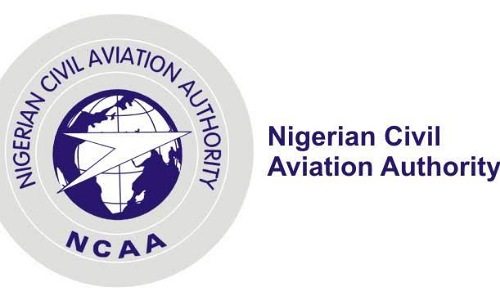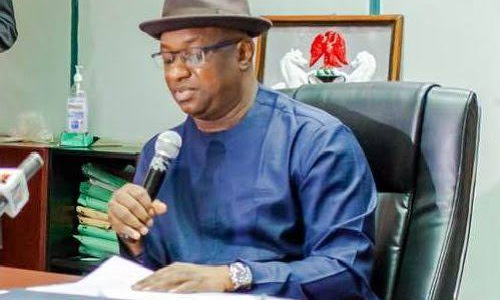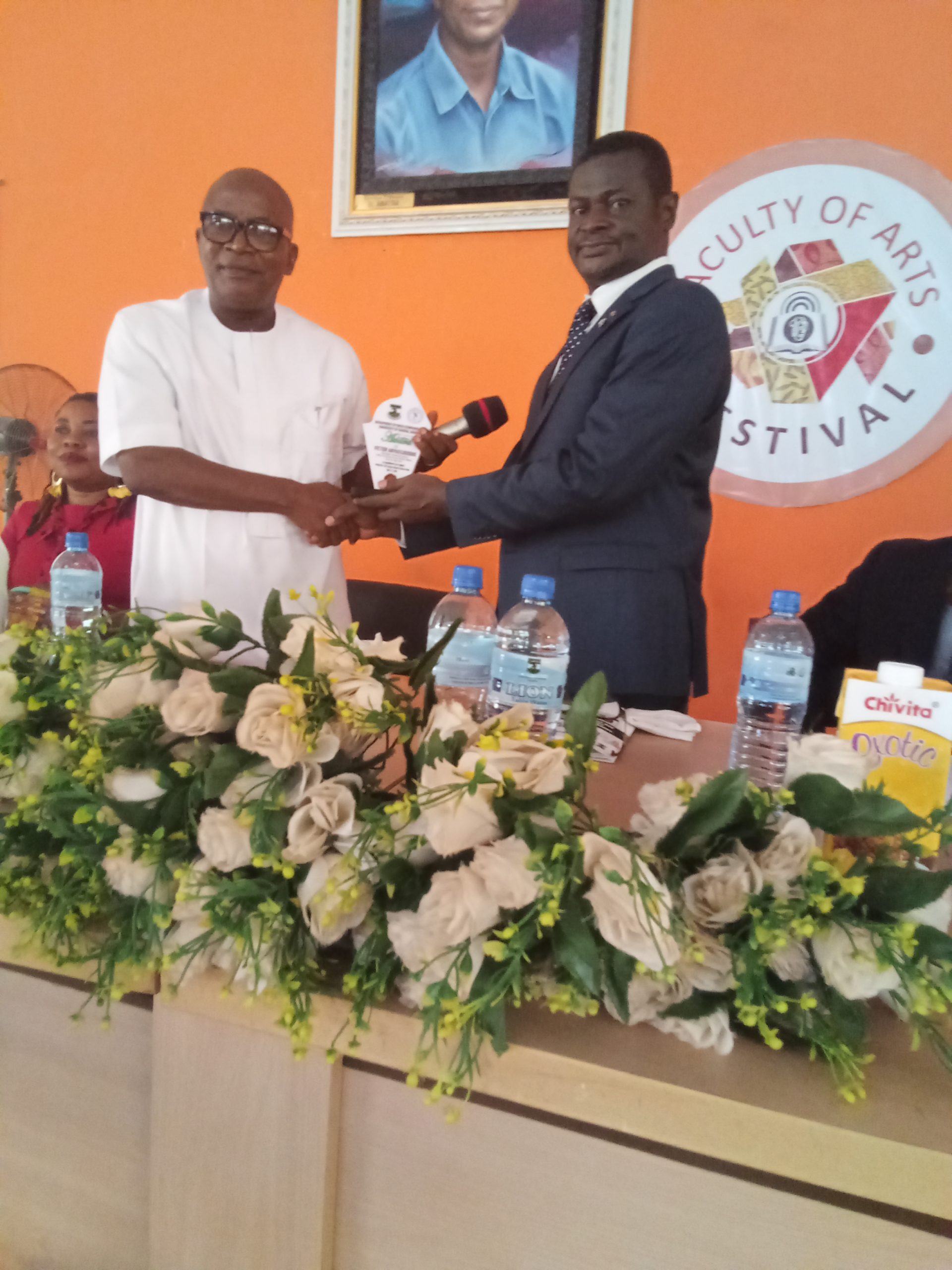Aviation
Naira slump, hiked fuel price push up airfares

LAGOS-Airfares on domestic routes have gone up by over 60 per cent as a result of the fall in naira value and the fluctuating price of aviation fuel, popularly called Jet-A1.
 It was gathered that most airlines operating one hour flights across the country had adjusted their fares upwards.
It was gathered that most airlines operating one hour flights across the country had adjusted their fares upwards.
For instance, a one-way Flight from Lagos to Abuja that usually attracted between N15,000 and N20,000 had been raised to N25,000 or N35,000, depending on the airline.
Findings showed that Arik Air was charging about N30,000 for a one-way flight, while Aero Contractors charged N25,000.
Some front desk officers at the Nnamdi Azikiwe International Airport, Abuja told our correspondent that airfares were cheaper on Mondays and Tuesdays because of the low traffic on those days.
Although new carriers such as Air Peace charged between N18,000 and N20,000, they often directed passengers to do the transaction online so as to reduce the operating cost for the carrier.
High fares were also charged during rush periods, especially during weekends.
An airline operator and former Secretary-General, Airline Operators of Nigeria, Mr. Mohammed Tukur, said aircraft of many airlines travelled with far less their passengers’ capacity.
He told our correspondent that this had been compounded by the recent crash in the naira.
“The airline operators have even tried. When the naira started falling, they did not increase airfares. But since it has persisted and is now affecting Jet-A1, they have to adjust the fares in order to survive. They have to pay salaries, buy spare parts, pay their dues to agencies of the government and service other costs that keep the business afloat. So, basically it is a survival strategy that the airlines have adopted to stay in business.”
Tukur also stated that the cost of maintaining airplanes was increasing by the day.
He said, “Some airlines flying out of Abuja travel with about 20 passengers onboard and this is as a result of the harsh economy. A lot of people do not have money to fly again. People are cutting down on travels in order to save money and this is because of the economic hardships.”
On how aviation fuel was affecting airfares, Tukur said the product was being imported and marketers had to buy it in foreign currency despite its high cost.
Tukur said, “The oil marketers import aviation fuel and that is a problem. They have to buy dollar at high rate despite interventions by the Central Bank of Nigeria. So, it is a problem.
The President, National Association of Aircraft Pilots and Engineers, Mr. Isaac Balami, told our correspondent that some operators were finding it tough to cope, especially when their aircraft was due for C-Check outside the country.
He explained that it cost about $2m to carry out the C-Check maintenance on aircraft.
Balami said, “We sell tickets in naira in the industry, but when we are paying for maintenance, insurance, expert services and others, it is in dollar. Now if you want to buy dollar, it is at a very high rate. So, this is the reason why airfares have been jerked up by airlines. The C-Check done by airlines cost between $1.5m and $2m and this is paid for in dollars. You now imagine how much naira you will have to change in order to get $2m.”
Aviation
JUST IN: NCAA Suspends 3 Jet Operators

The Nigerian Civil Aviation Authority (NCAA) has taken action by suspending the permits of three private jet operators due to their involvement in commercial flights.
Chris Najomo, the Acting Director General of the NCAA, issued this suspension during a briefing to all airlines on Tuesday.
Additionally, Najomo ordered a re-evaluation of all PNCF permits within a 72-hour timeframe.
The head of the NCAA stated that Festus Keyamo, the Minister of Aviation and Aerospace Development, had instructed the discontinuation of private jets’ commercial use in 2023.
Despite this directive, the operators persisted in their commercial activities.
Najomo said “Subsequently, in March 2024, the NCAA had issued a stern warning to holders of the permit for non commercial flights, PNCF, against engaging in the carriage of passenger cargo or mail for hire and reward.
“The Authority had also deployed its officials to monitor activities of private jets at terminals across the airports in Nigeria.
“As a consequence of this heightened surveillance, no fewer than three private operators have been found to be involved in violation of the annexure provision of their PNCF and Part 9114 of the Nigeria Civil Aviation Regulations 2023.
“In line with our zero tolerance for violation of regulations, the Authority has suspended the PNCF of these operators.”
Aviation
Keyamo Charges NCAT To Produce 4,203 Controllers By 2037

Minister Festus Keyamo has urged the Nigerian College of Aviation Technology in Zaria, Kaduna State, to create new solutions that can speed up the training of skilled air traffic controllers.
This call comes as Africa anticipates a need for 4,203 new air traffic controllers by the year 2037.
The minister made this statement on Wednesday during the 34th IFATAC Africa and Middle East Regional meeting in Abuja.
Addressing the gathering, the minister noted that the goal of training 4,203 new air traffic controllers aligns with the projection from the International Civil Aviation Organization (ICAO).
He further affirmed the ministry’s commitment to offering full support to NCAT, ensuring it not only meets but surpasses its mandated duties and roles.
He said “ICAO projects that by the year 2037, Africa will require 4,203 new air traffic controllers. The onus rests on the Aviation College of Aviation Technology (NCAT) to develop innovative ideas solutions to accelerate the training of new and proficient air traffic controllers.
The minister, represented by acting director Michael Chiko from Air Safety and Administration, highlighted the rapid evolution of the air traffic control profession.
He stated “The profession of air traffic control has evolved rapidly, transitioning from simple flag signalling to sophisticated technologies. This evolution facilitates management of the surging number of aircraft traversing our
skies daily.
“As a vital, indispensable component of air safety, air traffic controllers are responsible for the safe, orderly and expeditious flow of air traffic. Therefore, I am not unaware of the critical role you play and invariably, the heavy burden you bear.
“This burden is compounded by increased air traffic, workforce shortages, technological shifts; necessitating rigorous training regimes.
“More so, with the emergence of unmanned aerial vehicles, reshaping dynamics and challenging the norm, it is thus paramount to prepare for the future and indeed Nigeria like other countries must prepare for the future.” he added
During the event, Mr. Lawrence Pwajok, representing Engr. Mohammed Odunowo, the managing director of the Nigerian Airspace Management Agency (NAMA), emphasized the relevance of the 34th IFATCA Africa and Middle East Regional meeting’s theme, titled ‘Shaping the Future: Trends and Insights On ATC Training for Tomorrow’.
Pwajok highlighted the significance of this theme, especially as air traffic control commemorates 100 years since its inception.
He suggested examining the historical perspective of air traffic control, tracing its origins from Croydon airport a century ago to its present form in modern airports like Dubai, Istanbul, JFK, Charles De Gaulle, among others.
This historical comparison aims to provide insights into the potential trajectory of the future air traffic control system over the next century.
He added “It is obvious that the future air traffic management system will be characterised by extensive application of automation, digitization and artificial intelligence.”
Aviation
Airlines Must Pay Compensation For Flight Disruptions – Keyamo

Festus Keyamo, the Minister of Aviation and Aerospace Development, underscored the obligation for airlines to provide compensations in cases of flight cancellations and delays.
Festus Keyamo conveyed this directive during a meeting with the heads of agencies affiliated with the ministry on Tuesday.
He said, “We are not deaf to the cries of Nigerians about delays and canceled flights. The law is there and we are looking at how to enforce those laws for compensation of Nigerians who bear the brunt of cancellation of flights and disrupting the activities.
“The process of grounding the airline or taking the airlines to court will create more problems.
“So if the reason for the delay and cancellation of flight is their fault they must pay compensation. And what I am suggesting is that if they don’t get cash back they must get some rebate when they buy next ticket.
“I have set up a committee to look into it such that they can generate a code that they can use when they want to purchase the next ticket.
“We are concerned about the passenger satisfaction and the safety of the air travelers,” he said. The minister directed the Director-General of the Nigerian Civil Aviation Authority to prepare a weekly catalogue of canceled flights.
He further instructed the Nigeria Safety Investigation Bureau to finalize investigations into all air accidents and mishaps within the upcoming 10 days.
He said: “For the recent incidents that happened recently, some minor, and others classified as serious incidents although there were no fatalities. The NSIB is investigating these incidents and I have directed them that within 10 days from today they must submit their report of the incidents and what actually transpired.” he added













